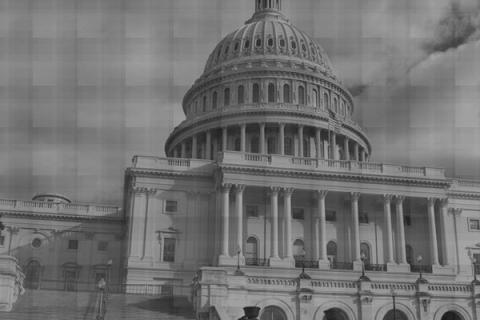
In 2012, 'dark money' accounted for over $300 million spent out of the total $6 billion according to Open Secrets. 'Dark money' refers to spending in an election where the donors behind the money are anonymous often with the aid of 501(c)(4) and (c)(6)'s. From $5.2 million in 2006, spending from these types of organizations more than doubled following the Supreme Court's decision in FEC v. Citizens United.
Dark money has already played a role in California, specifically on propositions 30 and 32. Prop. 30 increased taxes and Prop. 32 banned unions and corporations from using their general treasury funds for campaign donations.
Outside money poured into the No on 30/Yes on 32 campaign. Prompted by the suspicious activity, California Common Cause (CCC) asked the California Fair Political Practices Commission (FPPC) to investigate an $11 million contribution to the campaign.
“The $11 million contribution from a group which has previously never spent more than $500,000 on a political campaign raises 11 million red flags– and suggests that this group is only a shell organization whose primary purpose is to shield its donors from disclosure,” said a spokesman for CCC.
The investigation culminated with an admission from Americans for Responsible Leadership (ARL), a 501(c)(4) nonprofit based in Arizona:
“ identified the true source of the contribution as Americans for Job Security, through a second intermediary, The Center to Protect Patient Rights.”
Though their campaign ultimately failed, the effect was felt by labor activists.
“Working people who were trying to preserve their voice and invest in California's future were up against a small handful of people who could easily raise millions of dollars with a stroke of a pen.” said Assemblywoman Lorena Gonzalez, who is also a former secretary-treasurer and CEO of the San Diego-Imperial Counties Labor Council.
“[T]he Yes on 32 people looked very hypocritical when they are saying they're trying to clean up the system on one hand but funneling millions in secret campaign contributions into their war chest on the other."
Organizations like CCC have advocated for tighter regulations through legislation such as the Sunshine in Campaigns Act, which aims for greater transparency in elections.
Some argue that dark money helps protect donors from political witch hunts, a common occurrence in today's hyper-partisan atmosphere. Likewise, detractors contend that additional regulation is unnecessary given that the donors to ARL were discovered.
However, the risk for corruption remains and it's not unreasonable for the public to want to know who's funding election advertising.
